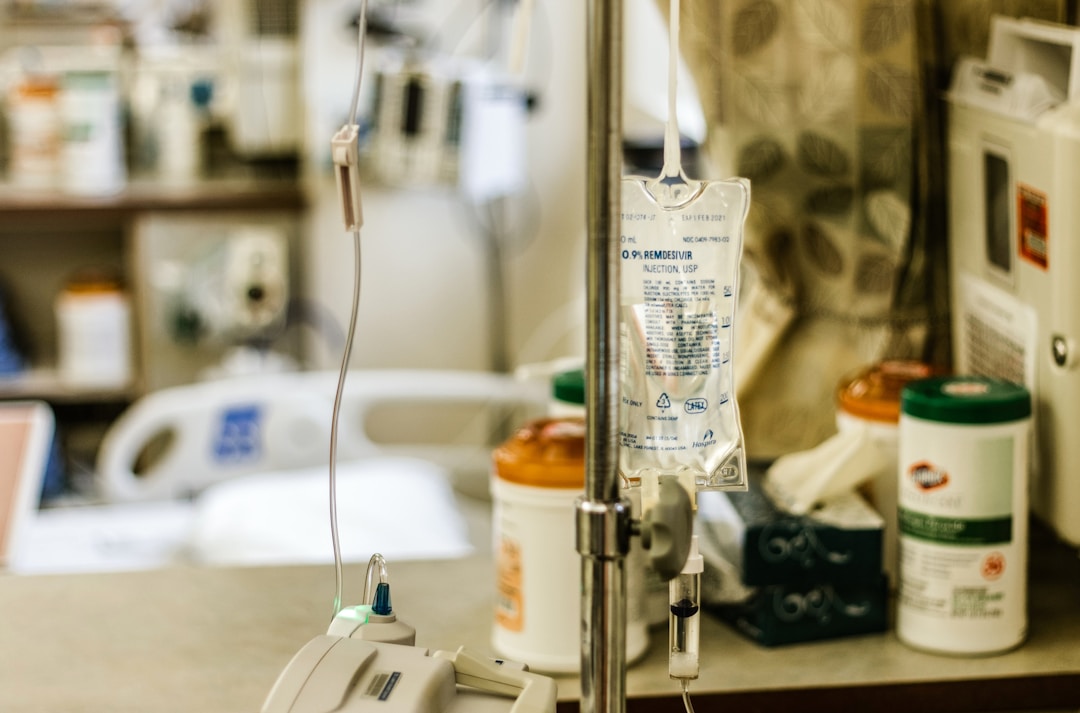With a litany of side effects, many people wonder if chemotherapy might be worse (at least in terms of a patient’s quality of life) than cancer itself. Against such discomfort, it can seem like there’s nothing you can do for a friend or family member who’s going through chemo. Even still, there are efforts you can make to let your loved ones know that you’re here to support them, even if you can’t make their hardship disappear.
Try to understand what they’re going through.

If you haven’t dealt with chemotherapy yourself, you can’t truly wrap your head around what your loved one is struggling with. However, you can make an effort to understand as well as you’re able. One person might consider a similar struggle. For instance, someone might have gone through infusion therapy in addition to chemo and can relate to that portion of the situation. Something as simple as researching their diagnosis and treatments can show how much you care about your friend and are working to help them through this.
Help them through the bad days.

With cancer, chemotherapy, and everything in between, there will always be bad days. Talk to your loved ones—or consider how well you know them already—and find ways to help them through these difficult moments. For some people, that might be arranging a gel pedicure, talking through the cyclone of feelings they’re dealing with, or simply distracting them from the bad moments with the power of a pedicure. Something as simple as a chance to push back those cuticles or decorate their toenails with gel polish can be enough to make a bad day a little bit better.
Communicate openly and listen thoughtfully.

To best support your loved ones as they go through chemo, you have two particular habits to consider: listening to their needs and connecting with them along the way. Consider, for example, how two different patients may have reacted to their initial cancer diagnosis.
One may turn to their loved ones for support almost instantly, while another might want the time and space to process the news themself. The same is true of moving through treatment. One patient might want you to be there up close and personal, while another might be content knowing you’ll be there if and when they need you.
Be there for them through it all.

Every person facing chemotherapy and its side effects will contend with the process differently. What’s the same throughout any situation, though, is that you can be there for them through it all. Your loved one might want nothing more than a distraction, whether that’s an afternoon at the salon or a chat about something—anything—other than chemo. Or, they may want some alone time. In any case, let your friend or family member know that, when they want or need your support, you’ll be there for them, in whatever way they need you to be.
By listening to and communicating with your loved ones, you can understand how you can best support them through chemotherapy, infusions, and other treatment processes. However, a few particular methods will help just about anyone. Working to understand what they’re going through shows how much you care, even when a true understanding is impossible.
Being there for them on the bad days and the better ones, whether they need a distraction or simple support, helps them feel more supportive. The simple act of letting your friend or family know that you’re there for them, even if they don’t need or want you at that moment, can be enough to help them through their darkest moments.





